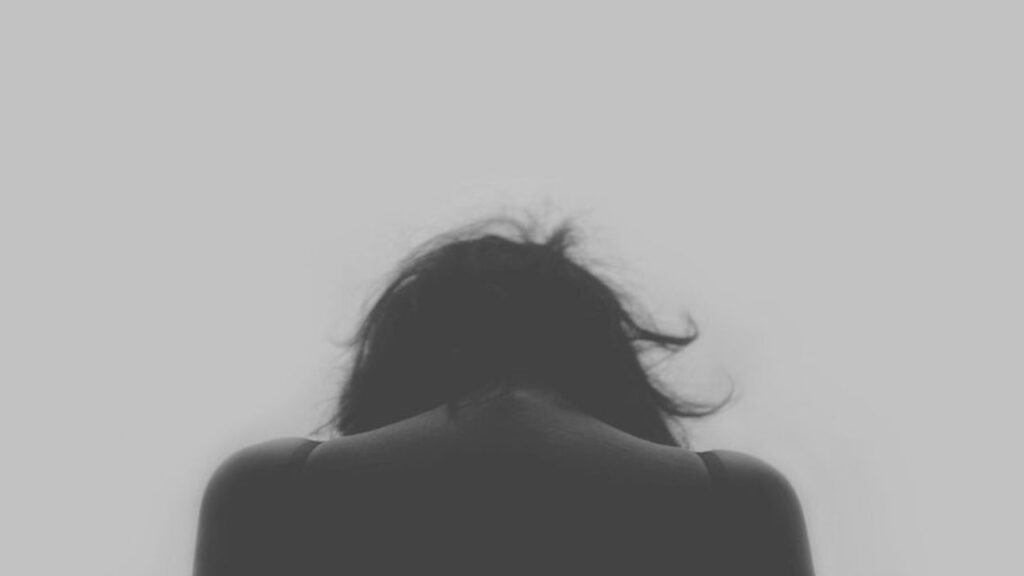Having both a mental health disorder and addiction at the same time is called dual diagnosis, and it’s far more common than most people realize. If you’re struggling with depression and alcohol addiction, anxiety and prescription pills, or PTSD and drug use, you’re not alone. Understanding how mental health and addiction affect each other is crucial for getting the right treatment and achieving lasting recovery.
Many people use drugs or alcohol to cope with untreated mental health symptoms. Others develop depression, anxiety, or other mental health issues because of their substance use. Either way, both conditions need treatment at the same time for recovery to be successful.
Why Dual Diagnosis Is So Common
Mental health disorders and addiction often go hand in hand because they affect the same brain systems. When someone has untreated depression, anxiety, bipolar disorder, or PTSD, drugs and alcohol can temporarily make them feel better. This relief is short-lived, but it’s powerful enough to create addiction.
On the flip side, long-term drug and alcohol use changes brain chemistry in ways that trigger or worsen mental health problems. Someone might start drinking socially but develop severe depression after months of heavy alcohol use. The depression then makes them drink more, creating a vicious cycle.
Trauma plays a huge role in dual diagnosis. Many people with addiction have experienced childhood abuse, military combat, accidents, or other traumatic events. They use substances to numb emotional pain or stop flashbacks and nightmares. Without addressing the underlying trauma, addiction treatment often fails.
Genetics also contribute to dual diagnosis. If mental illness or addiction runs in your family, you’re at higher risk for developing both conditions. Some people are simply more vulnerable to both mental health disorders and substance abuse.
Common Dual Diagnosis Combinations
Depression and alcohol is one of the most common combinations. Alcohol is a depressant that temporarily lifts mood but ultimately makes depression worse. People get trapped in a cycle of drinking to feel better, then feeling more depressed, then drinking more.
Anxiety and prescription drugs often develop when people use anti-anxiety medications longer than prescribed or in higher doses. The medications work initially, but tolerance develops quickly. When the medication wears off, anxiety returns worse than before.
PTSD and various substances frequently occur together. Veterans, abuse survivors, and others with trauma often use alcohol, marijuana, cocaine, or prescription drugs to cope with flashbacks, nightmares, and hypervigilance.
Bipolar disorder and stimulants can be a dangerous combination. During manic episodes, people might use cocaine or methamphetamines, which can trigger psychotic episodes or dangerous behavior.
ADHD and stimulants sometimes develop when people use unprescribed Adderall or similar medications to focus at work or school. This can quickly develop into dependence and addiction.

Why Regular Addiction Treatment Often Fails
Traditional addiction treatment that ignores mental health issues has high failure rates because it only addresses half the problem. If someone has severe depression and completes addiction treatment without addressing their depression, they’re likely to relapse when the depression becomes overwhelming.
Similarly, treating mental health issues while ignoring addiction doesn’t work either. Antidepressants won’t work properly if someone is still drinking heavily. Therapy for PTSD isn’t effective if someone is high or drunk during sessions.
Many people get stuck in a revolving door of treatment – they go to rehab, get sober for a few months, then relapse when their untreated mental health symptoms become unbearable. This cycle continues until both conditions are addressed simultaneously.
Some people don’t even realize they have mental health issues because they’ve been self-medicating for so long. When they get sober, depression, anxiety, or other symptoms emerge for the first time, creating a high risk for relapse.
What Effective Dual Diagnosis Treatment Looks Like
Good dual diagnosis treatment addresses both conditions at the same time with an integrated approach. This means having mental health professionals and addiction specialists working together, not treating the conditions separately.
Medication management becomes crucial for many people with dual diagnosis. This might include antidepressants, anti-anxiety medications, mood stabilizers, or other psychiatric medications alongside addiction treatment. The key is finding medications that treat mental health symptoms without creating new addiction risks.
Therapy approaches need to address both issues simultaneously. Cognitive Behavioral Therapy can help change thought patterns that contribute to both depression and addiction. Trauma therapy helps people process underlying issues that fuel both conditions.
The treatment timeline is usually longer for dual diagnosis than for addiction alone. Mental health symptoms often take months to stabilize, especially after years of substance use. Effective programs recognize this and provide extended support rather than rushing people through treatment.
Finding the Right Treatment Program
Look for programs that specifically advertise dual diagnosis treatment, not just addiction treatment with some mental health services added on. The staff should include psychiatrists, licensed mental health counselors, and addiction specialists working as a team.
Ask about medication management capabilities. Quality dual diagnosis programs have psychiatrists who understand both addiction and mental health medications. They know which antidepressants are safe for people with addiction histories and how to manage medications during early recovery.
The program should provide comprehensive assessment that looks at both mental health and addiction history. Many programs do basic addiction assessments but miss underlying mental health issues that need treatment.
Aftercare planning for dual diagnosis should address both conditions long-term. This includes ongoing therapy, psychiatric follow-up, support groups, and relapse prevention strategies that account for mental health triggers.
Hope for Recovery
Dual diagnosis can feel overwhelming, but recovery is absolutely possible when both conditions receive proper treatment. Many people find that addressing their mental health actually makes addiction recovery easier because they’re no longer trying to medicate emotional pain with drugs or alcohol.
The key is finding treatment that understands the connection between mental health and addiction. When both issues are addressed together with an integrated approach, people can achieve lasting recovery and significantly improved mental health.
Recovery takes time, especially with dual diagnosis, but every step forward in treating one condition helps the other. With the right support and treatment, you can break free from both addiction and mental health struggles.
If you’re dealing with both mental health issues and addiction, you need specialized treatment that addresses both conditions. Don’t settle for programs that only treat one problem while ignoring the other. Integrated dual diagnosis treatment can help you achieve lasting recovery from both conditions.

